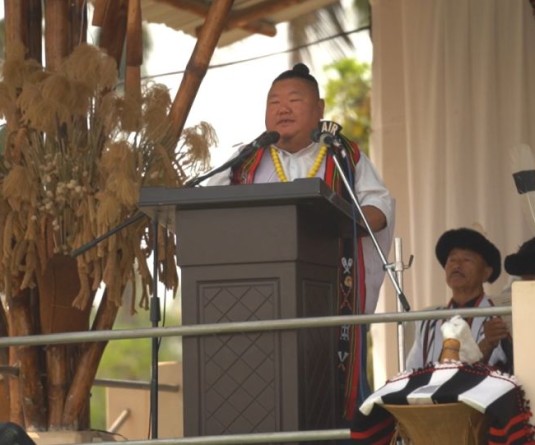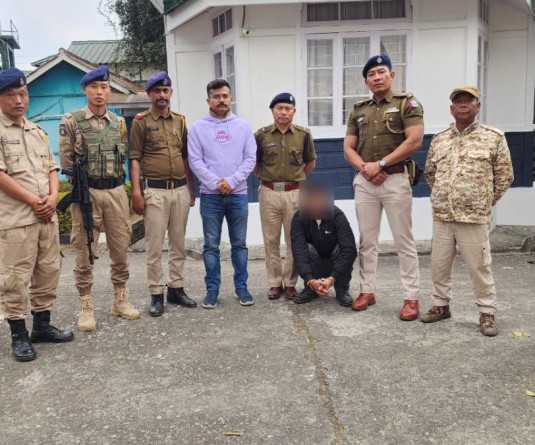
Dimapur, June 13 (MExN): This week’s answers to the Morung Express poll question “Is your voice being heard by decision makers in Nagaland?” is the blatant truth of the peoples opinion on the attitude of policy makers of Nagaland. An unsurprising 134 % voted No while 26% voted Yes and nine chose Others.
A majority of the poll voters who were against the question felt that those in power simply do not listen to the powerless. Still, others contended that simply listening to the public is not enough and that society can never progress if the situation continues. Some also felt that decision makers cannot be trusted and opinion/ideas are just dismissed. A voter clearly anguished stated No, the decision makers are too busy only listening to their own selves that they don’t have time to listen to my voice. The decision makers in Nagaland - be it the politicians, bureaucrats or the so called national workers - are just too full of themselves. All they do is make money and promote their own self interest. They have no genuine feeling to listen to the common man like me.
A voter despite choosing Yes that his/her voice is heard by policy makers still said: “I just have to show some green notes to them and also to let them know that I was willing to give them the percentage to get my work done.” Another voter from the same category stated: “For some reason, our words fail to travel from their ears to their hearts, and so our words only remain words and their promises are only empty promises.” Another felt that politicians somehow listen to the people since they are dependent on people for the votes but added: “It is the bureaucrats that are the problem because they feel they are not accountable to anyone at all. Their service is not dependent on the common man and so they function in a more autocratic manner. At least the politicians listen, but the bureaucrats they are drunk with power and function independently.”
Poll voters who voted Others cited that decision makers do listen to citizens, but only to the voice of NGO’s, civil bodies and UG’s. Another stated: “The best way for a common man to voice out is through the media but this freedom is rarely exercised by the media. Now the question is will the decision maker hear us when the only platform is refusing to hear us?.” Another raised a statement that despite 65% plus youth population of state whose technology – oriented minds and brains teeming with bright and innovative ideas with considerable know-how and experience, the voices of these productive and energetic youth haven’t even made its presence felt at top decision-making table.






